Had a pretty awesome experience this week when I logged into Twitter just to see what was happening in my twitterfriendverse. Turns out, it was moments until a live chat with the one, the only Paolo Bacigalupi, hosted by Little, Brown School, part of Hatchette Publishing. There may or may not have been embarrassing squee's of joy and excitement emitting from my office.For those who don't know, Bacigalupi is amazingly cool for two reasons: he's a Coloradan, and he also happened to win both the Nebula and the Hugo awards for his breakout novel the Windup Girl in 2010.From Amazon.com, about the Windup Girl:
Anderson Lake is a company man, AgriGen's Calorie Man in Thailand. Under cover as a factory manager, Anderson combs Bangkok's street markets in search of foodstuffs thought to be extinct, hoping to reap the bounty of history's lost calories. There, he encounters Emiko. Emiko is the Windup Girl, a strange and beautiful creature. One of the New People, Emiko is not human; instead, she is an engineered being, creche-grown and programmed to satisfy the decadent whims of a Kyoto businessman, but now abandoned to the streets of Bangkok. Regarded as soulless beings by some, devils by others, New People are slaves, soldiers, and toys of the rich in a chilling near future in which calorie companies rule the world, the oil age has passed, and the side effects of bio-engineered plagues run rampant across the globe. What happens when calories become currency? What happens when bio-terrorism becomes a tool for corporate profits, when said bio-terrorism's genetic drift forces mankind to the cusp of post-human evolution? In The Windup Girl, award-winning author Paolo Bacigalupi returns to the world of The Calorie Man; (Theodore Sturgeon Memorial Award-winner, Hugo Award nominee, 2006) and Yellow Card Man (Hugo Award nominee, 2007) in order to address these poignant questions.
Side note: Don't read this novel if you really like elephants. However, to find out why you shouldn't, you'll have to read it. *shrug*Needless to say, his writing style is gritty; it's dark; it's daring; it's complex; and it's rich. He's been compared to early William Gibson and Ian McDonald with the intensity of his vision. The Windup Girl was one of those rare books that captures you on the first page by eliciting a mixture of fascinated horror and eager curiosity. Am I gushing? If you're a fan of dystopian fiction and you give Windup a chance, you'll soon see why.So, back to last week. Paolo is on tour promoting his newest novel the Drowned Cities and graciously made himself available for questions about the novel and writing in general. After getting over my bashful hero-worship (bashful? me? haha!), I posed the following question: You mentioned in a Westword interview a couple of years ago that you'd struggled for awhile to become successful as a writer. Do you have any advice on how to make that struggle easier for new writers?Take heed fellow writers, the master hath spoken.Paolo: For me, being able to writer boils down to recognizing what's important to me, and then being brave enough to do it. And to completely let go of worries about whether something will sell or whether other people will like it. It's hard. Also, finish what you start, no matter how stupid it seems in the moment. Everyone goes through lost faith moments. Relentlessness pays off if you're learning along the way. Tenaciousness matters for writers. It took me thirteen years to break in, and four failed novels. It's hard work. You have to enjoy the act of writing. It's the one thing you really have control over. Everything else, you just have to work at it and hope.In a nutshell: bravery, letting go of fear and worries, being willing to work hard, relentlessness, tenaciousness, loving what you do, and not losing hope. That's it! So easy! I just can't imagine why everyone doesn't write! After all, it's about as easy as becoming a samurai or an exorcist.And, of course, the beauty of being a writer, and secret as to why so many of us continue doing it, is that you really can become a samurai or an exorcist (or any damn thing you want) on the page. In other words, the satisfaction of well-written words makes the struggle worth it. If you find yourself facing any of the obstacles Paolo mentioned, just think of him as a shining, brilliant example. Thirteen years of struggle doesn't make you a failure; it can make you a success.For more tips on becoming a successful writer, I also recommend Lindsay Buroker's recent post Three Tips for Self-Publishing Success.
Enjoy what you've seen so far? Subscribe by using the 'Click to Follow' button or enter your email near the top of the page, and never miss a post.
All content copyright unless otherwise specified © 2008-2013 by Tammy Salyer, writer. All rights reserved. Permission is granted to use short quotes provided proper attribution is given.


